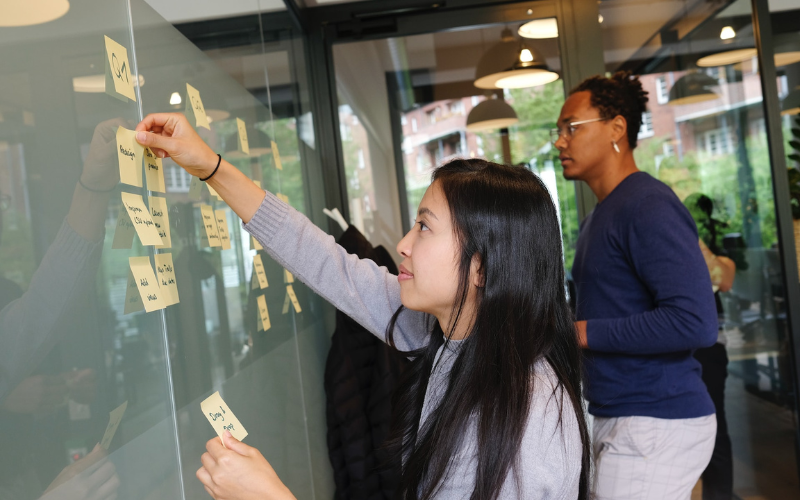The Practice of Marketing: What doctors and lawyers can teach us about marketing
The field of marketing is a practice, though it is not treated like other professional services. But it should be.
“As many as 60% of sales are lost not to your competitors, but to no decision at all…”
“Google’s moved to all machine learning all the time.”
“60% of people would rather get an email than interact with your web or social channel…”
“The biggest mistake is alluding to the story instead of telling it…”
And these gems took up less than 2 minutes of the 3 days spent at MozCon 2016. (Check out my twitter feed @chiprosales for other great thoughts that I was able to tweet out over the course of the event.)
The majority of people that attend MozCon are actual practitioners in the search and data analysis space. A lot was communicated that admittedly went over my head… God bless the search practitioner and data scientists that speak that language. While that is not my day-to-day role, I found terrific value in immersing myself so that I could be a better client advocate and digital consultant. Rogue is writing a two-part post that comes from the practitioner and executive perspective.
Here’s a perspective of what I gleaned at MozCon 2016 – from the non-practitioner point of view.
True story: When I go to meetings and another person introduces me, I’m normally introduced as the brand guy. The person who thinks about feelings and tell stories. The storyteller. And every time I cringe. I find myself trying to over validate my other skills. “I’m also a former CMO… and a strategist… and…”
It’s not because I don’t think it’s a valuable skill or am embarrassed by my ability to engage in it, it’s just misunderstood. It’s thought to be the “soft, fluffy stuff” that is just an expense. In a word it’s undervalued.
But as I watched @kindramhall mesmerize the crowd with her ability to tell stories, knowing that she got a few hundred new followers and a bunch of new clients after spending 30 minutes on the stage, I realized what a valuable undervalued tool this is. This “Rogue” guy for the first time really understood that the soft stuff is science too. Here’s are three examples of how this was crystallized for me:
Everyone knows that you should test and look at the data. No one in the marketing space would disagree, yet so few of us really ever do it. Here’s an interesting thought shared by Cara Harshman: what if a/b testing was about more than which idea wins… what if it was also about losing. And understanding why the other idea lost and what that teaches us. Every piece of knowledge (winning and losing) is therefore positive. Talia Wolf was quick to point out that, “so much business is lost because we’re not doing our research.” Want to convert more people? Understand people better… and understand behavior better. Easier said than done for sure.
The space changes daily. Algorithms morph. New channels come on the scene. What is effective today, won’t be as successful tomorrow. It is incredible the whitespaces that are available if you know what to do. Do you know how to leapfrog the competition by writing for snippets? Do you know how to develop an app without knowing code? Did you even know that your website could be seen as an app? Me either. But I do now.
In the end, we have to remember that we’re dealing with people (says the storyteller, I know…) and that people still trump machines. In a world of ‘20 tips to beat the system’… and ‘how to rank #1 tomorrow,’ The Wizard of Moz himself, made a really insightful statement, saying “hacks are generally short-term. They can be used most effectively when they help you get past a point of friction in your strategy.”
MozCon 2016 delivered on its goal of being more than your typical marketing conference. I’ll be testing out much of what I heard/learned in the coming weeks and months turning those conversations into practical ideas. In the end it will involve more testing, more hypothesizing and less backtracking on the story.

The field of marketing is a practice, though it is not treated like other professional services. But it should be.

The two most important roles at a company are those of innovation and marketing.
Week after week, the strategists at Rogue share their perspective on marketing strategy. Here’s a round-up of the team’s best 2018 posts.